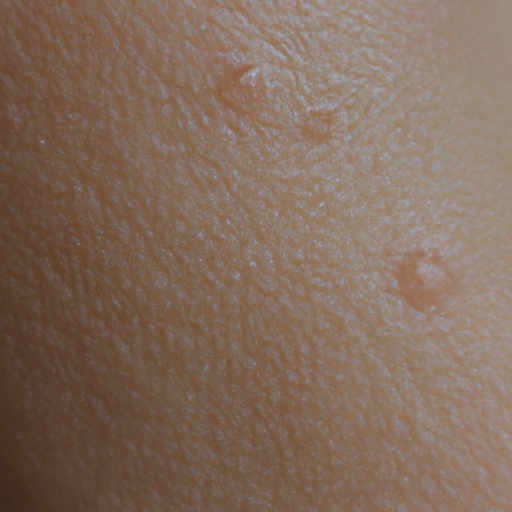Oily skin can be a challenging condition to manage. The overproduction of sebum, the skin’s natural oil, can lead to a shiny complexion, enlarged pores, and an increased risk of acne. However, with the right skincare routine and lifestyle changes, it is possible to control oily skin effectively. Here are six proven strategies to combat oily skin.
1. Choose the Right Cleanser: Not all cleansers are created equal when it comes to managing oily skin. Look for oil-free, non-comedogenic products that won’t clog your pores. Ingredients such as salicylic acid, benzoyl peroxide, and glycolic acid are particularly effective at breaking down excess oil and removing dead skin cells.
2. Don’t Skip Moisturizer: It may seem counterintuitive, but moisturizing is crucial for oily skin. When the skin is dehydrated, it can overcompensate by producing more oil. Opt for a lightweight, oil-free moisturizer that hydrates without leaving a greasy residue.
3. Incorporate a Toner: A toner can be a game-changer for oily skin. It helps to balance the skin’s pH levels, tighten pores, and remove any residual dirt or makeup left after cleansing. Look for toners with ingredients like witch hazel or tea tree oil, which have astringent properties that can help reduce oil production.
4. Use Oil-Free Sunscreen: Sun protection is essential for all skin types, but many sunscreens can feel heavy and greasy on oily skin. Choose an oil-free, non-comedogenic sunscreen that will protect your skin without contributing to oiliness or causing breakouts.
5. Adjust Your Diet: What you eat can also impact your skin’s oil production. Diets high in processed foods and sugars can stimulate oil production, so aim for a balanced diet rich in fruits, vegetables, lean proteins, and healthy fats. Hydration is also key, as it helps to keep the skin balanced and less likely to produce excess oil.
6. Consider Professional Treatments: If your oily skin persists despite your best efforts, it may be time to seek professional help. Dermatologists can offer treatments such as chemical peels, laser therapy, or prescription medications that can help to regulate oil production and improve the overall health of your skin.
Remember, everyone’s skin is unique, and what works for one person may not work for another. It can take some trial and error to find the right products and routine for your skin. However, with patience and consistency, it is possible to manage oily skin effectively and achieve a healthier, more balanced complexion.
In conclusion, combating oily skin involves a combination of the right skincare products, dietary adjustments, and potentially professional treatments. It’s important to remember that having oily skin isn’t a flaw or something to be ashamed of. It’s simply a skin type that requires a specific approach to care. With the right strategies in place, you can banish the shine and embrace your natural glow.



